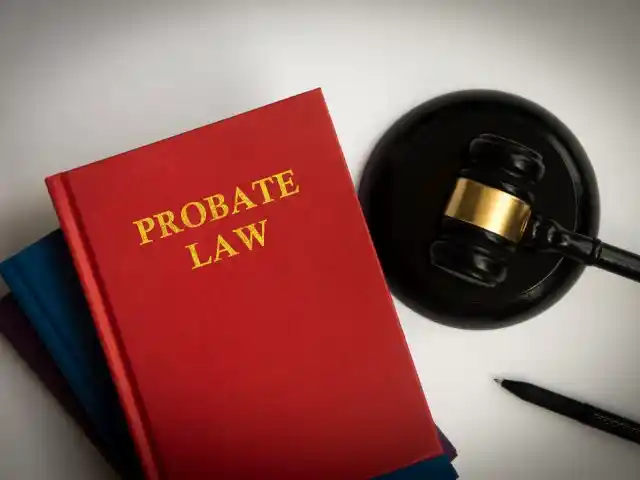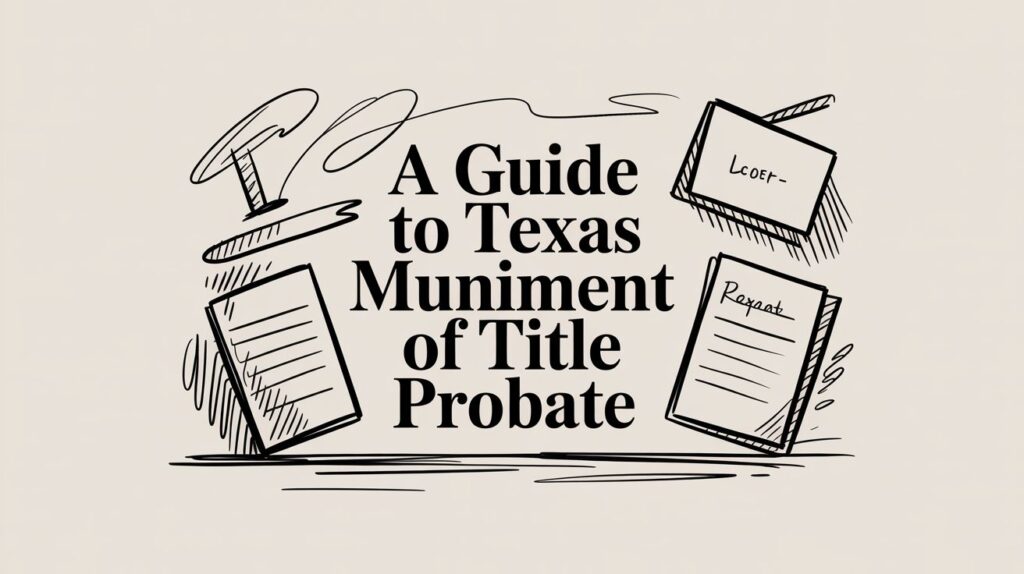When a person passes away in Texas, their estate must go through a legal process known as probate. This process helps ensure that the deceased’s assets are distributed according to their will or, in the absence of a will, according to Texas law. Real estate often represents a significant portion of an estate’s value, and handling it can be one of the most complex aspects of the probate process. This is where real estate attorneys come in—they play a crucial role in ensuring that the legal, financial, and logistical aspects of real estate transactions are handled properly during probate.
In this comprehensive article, we’ll explore the vital role that real estate attorneys play in Texas probate cases, from providing legal advice to navigating complicated disputes over property ownership. Whether you’re a beneficiary, executor, or simply someone interested in Texas probate law, this guide will give you a clear understanding of how a real estate attorney can help simplify the often complex process of managing real estate during probate.
Understanding Probate in Texas
Before diving into the role of a real estate attorney in probate cases, it’s important to have a clear understanding of what probate is and how it works in Texas.
Probate is the legal process that takes place after someone dies, during which the court oversees the administration of their estate. This process includes validating the will (if there is one), inventorying the estate’s assets, paying off debts and taxes, and distributing the remaining assets to the beneficiaries.

In Texas, probate cases can be either independent or dependent. Independent probate is a simplified process that requires less court supervision, while dependent probate involves more court oversight and is generally used in cases where the estate is particularly complex or contested.
Why Real Estate is Central to Probate Cases
Real estate often represents the most valuable asset in an estate. Whether it’s a family home, investment property, commercial real estate, or even a large ranch, handling real estate during probate is critical to settling the estate properly. Real estate law is complex, and Texas has its own unique rules regarding property, inheritance, and probate. This is why hiring a real estate attorney becomes essential when an estate includes real estate holdings.
The Role of a Real Estate Attorney in Texas Probate
1. Navigating Property Ownership Issues
One of the first steps a real estate attorney will take in a probate case is to determine who has legal ownership of the real estate. This can be straightforward if the deceased owned the property outright, but it becomes more complicated in cases where the property is jointly owned, subject to a mortgage, or if there are disputes over the title.
- Jointly Owned Property: If the property was jointly owned with the right of survivorship, such as between spouses, ownership automatically transfers to the surviving owner. A real estate attorney ensures that this transfer happens legally and efficiently.
- Community Property: In Texas, a community property state, married couples generally share ownership of property acquired during the marriage. An attorney can help distinguish between separate and community property, which is crucial for determining inheritance rights.
- Title Disputes: Sometimes, the title to a property might be unclear or clouded by liens, boundary disputes, or incomplete documentation. A real estate attorney can help resolve these issues, ensuring that the property can be legally transferred or sold.
2. Assisting Executors with the Sale of Real Estate
One of the main duties of the executor (the person appointed to manage the estate during probate) is to gather and distribute the deceased’s assets. In many cases, this involves selling real estate to pay off debts or distribute the value among beneficiaries. A real estate attorney plays a key role in facilitating the sale.
- Listing the Property: An attorney will guide the executor through the legal requirements for selling the property during probate. This might involve obtaining court approval, working with real estate agents, and complying with local regulations.
- Handling Contracts: A real estate attorney ensures that all contracts related to the sale of the property are legally binding and protect the interests of the estate. They review offers, draft purchase agreements, and manage escrow.
- Maximizing the Estate’s Value: The attorney helps ensure that the sale is in the best financial interest of the estate. This might involve negotiating terms with buyers, resolving issues with the property (such as repairs or title problems), and ensuring that all proceeds are distributed according to the will or state law.

3. Dealing with Complex Property Types
Not all properties are simple family homes. Many estates include more complex forms of real estate. Some include commercial properties, rental units, vacation homes, or large tracts of land. Each of these property types comes with its own unique challenges, and a real estate attorney is invaluable in managing them.
- Commercial Real Estate:. If the deceased owned a business/commercial property, an attorney must handle issues such as existing leases, zoning laws, etc. They will also ensure that business-related real estate is properly valued and sold or transferred in accordance with the will.
- Rental Properties:. If the estate includes rental properties, an attorney must navigate issues like tenant agreements, property management, and rental income. They also ensure that existing leases are honored and that any rental income is properly distributed to the estate.
- Rural or Agricultural Land:. Texas is home to many large ranches and farms, and probate cases involving rural land can be especially complex. A real estate attorney will help manage issues related to land use, water rights, mineral rights, and easements, ensuring that the land is transferred or sold under the law.
4. Addressing Real Estate Taxes and Liabilities
Texas doesn’t have a state estate tax. However, that doesn’t mean real estate isn’t subject to other taxes and financial liabilities during probate. A real estate attorney helps the executor manage these financial aspects.
- Property Taxes: Any unpaid property taxes must be settled before the property can be transferred or sold. A real estate attorney ensures that these taxes are paid and that any tax liens are removed from the title.
- Federal Estate Taxes:. Although the federal estate tax only applies to estates exceeding a certain value, high-value real estate can push an estate over this threshold. An attorney will help determine if federal estate taxes apply and ensure they are paid.
- Liens and Mortgages:. If the property has any liens/outstanding mortgages, these must be settled before the property can be transferred or sold. A real estate attorney ensures that these obligations are handled correctly.
5. Resolving Disputes Over Property Inheritance
Real estate can be a source of conflict among heirs. This is more in cases where there is no will or if the terms of the will are unclear. Disputes can arise over who should inherit a property, whether the property should be sold or kept, and how much each heir is entitled to receive.
- Will Contests:. If the will is contested, a real estate attorney may be called upon to help defend the estate’s right to the property or resolve challenges to the will’s validity.
- Partition Actions:. If multiple heirs inherit a property and can’t agree on a decision, an attorney may assist with a partition action. This allows the property to be divided or sold, with the proceeds distributed among the heirs.
- Mediation and Litigation:. If disputes over real estate cannot be resolved through negotiation, a real estate attorney may represent the executor/beneficiaries in court. Mediation is often used to settle disputes out of court, but litigation may be necessary in more complex cases.
Why Hiring a Real Estate Attorney is Essential in Texas Probate Cases
While executors can sometimes manage simple estates on their own, real estate adds a layer of complexity. In some cases, this often requires legal expertise. The nuances of Texas property law, combined with the potential for disputes, make hiring a real estate attorney essential. Here’s why:

- Expert Knowledge: Real estate attorneys have in-depth knowledge of Texas laws and can guide you through the maze of probate.
- Risk Mitigation:. By hiring an attorney, you reduce the risk of costly mistakes/challenges that could delay probate/diminish the value of the estate.
- Efficiency: Real estate transactions during probate can be time-consuming. However, an experienced attorney can expedite the process, ensuring that the estate is settled as quickly and efficiently as possible.
Real Estate Attorneys in Texas Probate Cases: Key TakeawaysConclusion
The role of real estate attorneys in Texas probate cases cannot be overstated. From resolving ownership issues to managing complex real estate transactions, they are essential to ensuring that the deceased’s wishes are honored and that the estate is settled following Texas law. Executors, heirs, and beneficiaries alike can benefit from the guidance and expertise that a real estate attorney brings to the table, making the often daunting probate process smoother and less stressful for everyone involved.








